I watched an interview of Denzel Washington from the 2019 American Film Institute Conservatory, and he said, “Don’t confuse movement with progress, because you can run in place and not get anything done.” That quote really resonated with me during a time when I was feeling stuck and desperately looking for ways to be productive at work and home life.
How many times do we tell ourselves and everyone else how busy we are, only to realize we haven’t actually accomplished much?
Whether you’re a entrepreneur, a self-employed dream chaser, a college student trying to juggle it all, a working parent with a full-time job or someone just trying to get more done in your life, staying productive can feel like an uphill battle.
It’s so easy to get caught up in busywork, but real progress comes from taking actionable steps and moving forward. I used tell myself I was getting a lot done just by dedicating the time, but that wasn’t really true.
This is when I realized I needed to get more organized, simplify my life, and stop complicating things.
As time goes on, life gets busier, and it’s so important to find ways to be more productive without sacrificing our well-being.
Becoming more productive doesn’t have to mean overhauling your entire life. In fact, it’s usually the small, simple changes that yield the biggest results.
In this post, I’m sharing 9 ways to boost your productivity in both your daily life and career. These tips will also help you create a better work-life balance.
You might want to pin this post so you can refer back to it later.
Disclosure: Our website is reader-supported. If you purchase any service through our partner links, we may earn a commission at no extra cost to you.
Table of Contents
Create a Simple Daily Routine
Setting routines sounds easy enough, right? But sticking to them? That takes real effort. It’s a mental game of discipline, especially on those days you just don’t feel like it.
The goal is to make your routines as automatic as brushing your teeth, something you do without even thinking because it’s a non-negotiable part of your day.
It sounds cliché but routines are the backbone of productivity. They provide structure to your day and help reduce decision fatigue – that overwhelming feeling you get when you have too many choices to make.
Think about it: from the moment we wake up, we’re making decisions. What to wear, what to eat, what to do next…it all adds up. Cornell University researchers estimate we make about 35,000 decisions every day!
To commit to your routine, start by:
- Waking up at the same time each day. Over time, this habit trains your internal clock, making it easier to wake up feeling refreshed.
- Blocking time for specific activities. Dedicate chunks of time for work, exercise, meals, and relaxation. For example, you might schedule your mornings for deep work and your afternoons for meetings or creative projects.
- Consistent Actions. Simple things like a morning coffee, a 10-minute meditation, or journaling can signal the start of your productive day and help you ease into tasks.
A simple daily routine will help you save time and help you build momentum. It doesn’t need to be rigid, but it should give your day a predictable flow.
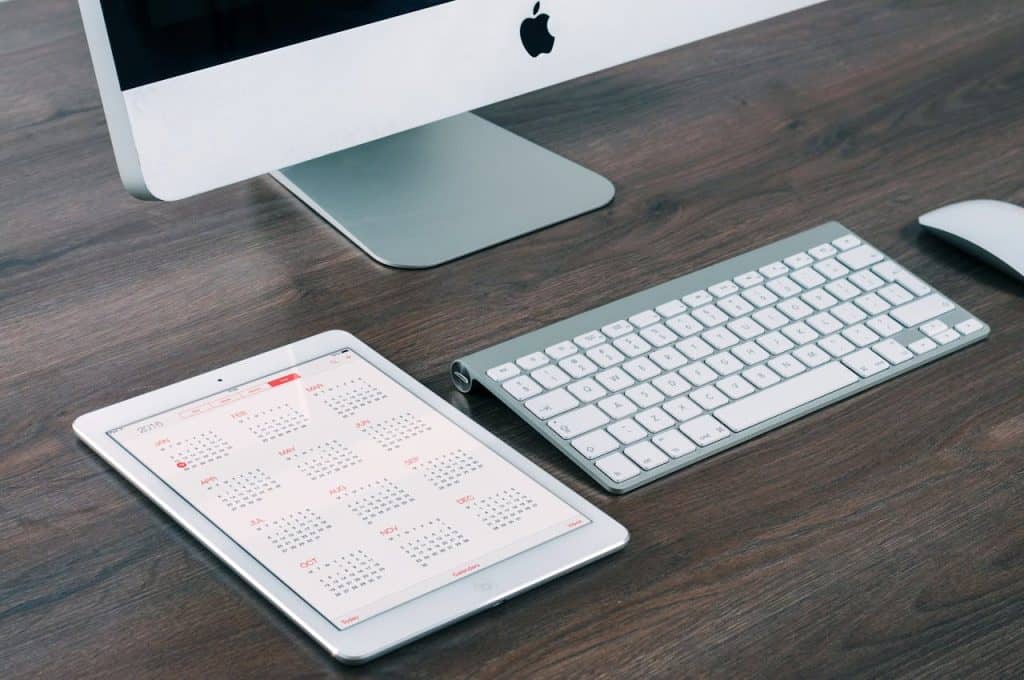
Think It, Write It, Then Do It
Ever had a brilliant idea only to forget it later? Writing things down solidifies your plans and helps you organize your thoughts. This simple tip helps to reclarify and reposition your focus on what you’re about to work on.
To be more productive, consider the following:
- Start each day with a plan. Write down what you need to accomplish. Don’t worry about structure, just quickly outline your plan before you get started.
- Use lists for clarity. Jotting down steps for a big project makes it feel less daunting and easier to tackle. For example, instead of writing “Finish project,” break it into subtasks like “Outline main points,” “Draft introduction,” and “Edit final draft.”
- Keep a notebook or app handy. Inspiration can strike anywhere. Whether it’s a great idea for your business or a personal to-do, recording it ensures you won’t lose it. Google Keep is a great tool to help you with this.
Writing things down also frees up mental space, and will help you to focus fully on execution.
It’s a small habit that can lead to big results!
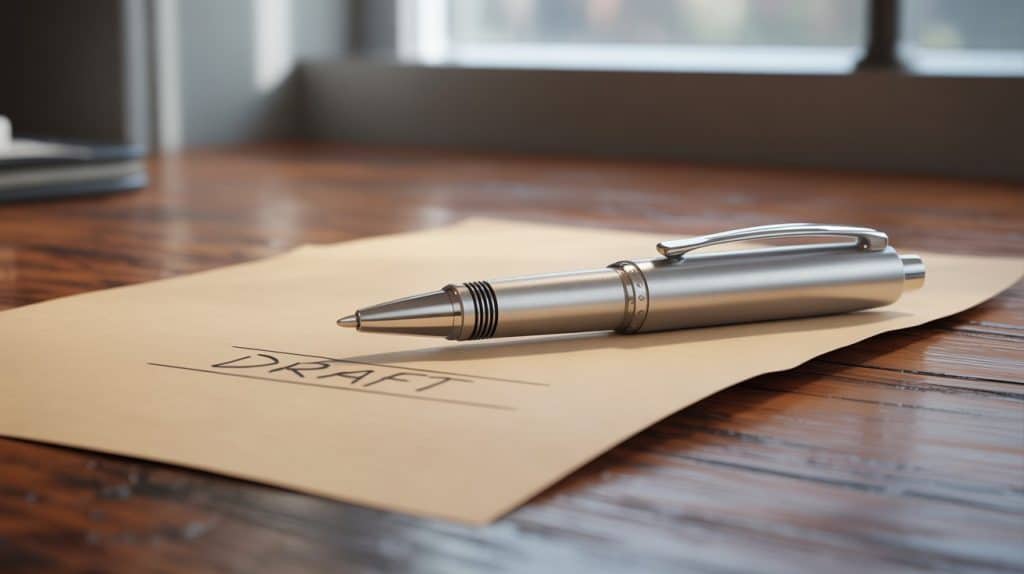
Start Scheduling Your Day
A scheduling system, whether it’s a productivity planner, a digital calendar, or a simple to-do list app, is key for staying on top of things.
Personally, I love using a physical planner for short-term or same-day tasks and to-do list apps for longer-term tasks (one month or more).
There’s something about handwriting three to five must-do tasks each day that really helps me focus (plus, the limited space prevents overwhelm!).
Digital calendars, on the other hand, offer endless space, so I use them for my longer-term goals and tasks (anything one month or more out)
For digital tools, simply using Google Calendar or a productivity app like Todoist is great. Sometimes, you just need to get everything out of your head – no structure, in a notebook or planner. Then, you can use the steps below to organize it all.
Here’s how to make it work:
- Schedule everything. Add work tasks, personal errands, exercise, and even leisure activities to your calendar. This approach helps you see the big picture and prevents overcommitting.
- Time-block your day. Dedicate specific time slots for your tasks. For example, block 10:00 AM to 12:00 PM for focused work and 3:00 PM to 3:30 PM for answering emails.
- Review and adjust. At the end of the day, look back on what you accomplished and plan for tomorrow. A quick review helps you learn what worked, what didn’t, and where you can improve.
By creating a clear roadmap for your day, you’ll reduce the chances of forgetting tasks or double-booking yourself. A scheduling system also allows you to be intentional about your time rather than reactive.
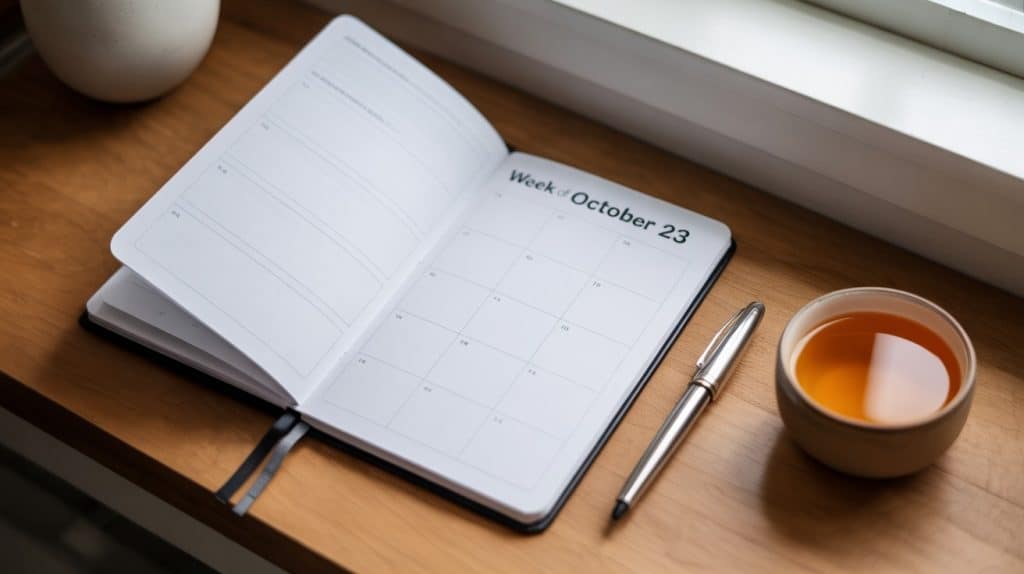
Time Your Work Sessions
Timers can be a game-changer when it comes to staying focused and efficient. I’m a big fan of the Pomodoro Technique, which is a popular method where you work for 25 minutes, take a 5-minute break, and repeat.
Set a timer and be sure you commit to this!
You’ll be surprised by how much you can get done in that 25 minutes of focused time compared to a full hour of distractions.
Here’s why it works:
- Promotes deep focus. Knowing you have a set amount of time encourages you to dive in and avoid distractions. It’s easier to ignore social media or emails when you’re racing against the clock.
- Prevents burnout. Short, frequent breaks keep your energy levels up and your mind fresh. Use these breaks to stretch, grab water, or simply rest your eyes.
- Tracks productivity. Use a timer to see how long tasks actually take. This can help you plan future tasks more accurately and stay more productive.
Experiment with different intervals to find what works best for you.
Some people prefer 50 minutes of work followed by a 10-minute break, while others do better with shorter sprints.
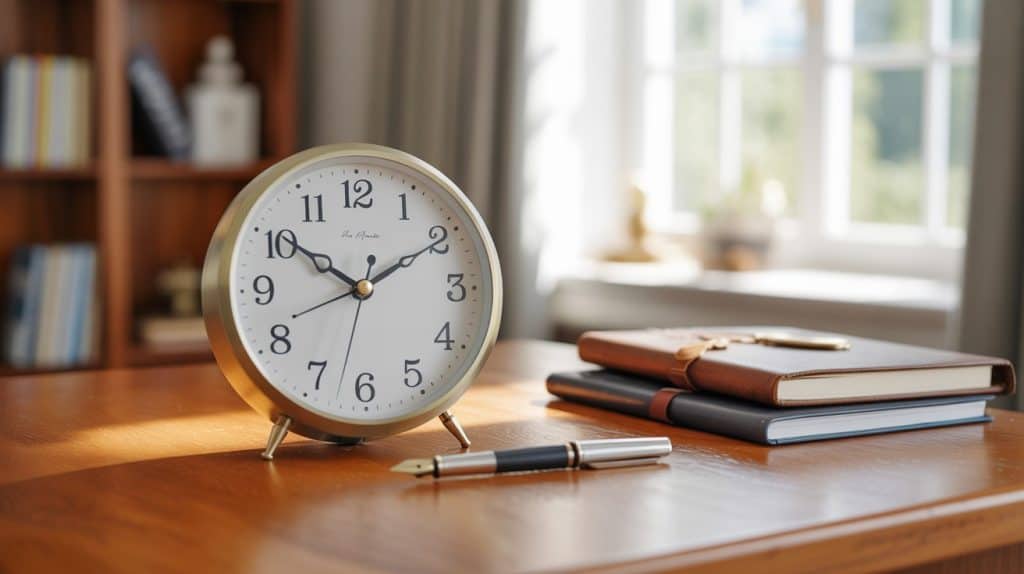
Split Big Projects Into Smaller Steps
Think of a giant jigsaw puzzle. You wouldn’t dump all the pieces out and expect to finish it in one go.
You’d sort them, find the edges, and work on smaller sections. That’s how you should approach your goals too.
Breaking down a large task into smaller, more manageable steps makes the process much easier, more achievable and a lot less overwhelming!
Here’s how:
- Identify the end goal. Be clear about what you want to achieve. A vague goal like “Get fit” is harder to tackle than “Exercise for 30 minutes, 3 times a week.”
- List all the steps. Break the project into smaller, actionable tasks. For example, launching a website might include:
- Research hosting platforms.
- Choose a template.
- Write copy for the homepage.
- Upload photos.
- Prioritize. Start with the most important or time-sensitive tasks. This way you’ll build momentum and make steady progress.
Crossing off smaller tasks gives you a sense of accomplishment and motivates you to keep going. Plus, it’s easier to adjust plans for smaller tasks than for an entire project.
Make Time to Rest and Recharge
Imagine a marathon runner who sprints the entire race. They might start strong, but they’ll quickly run out of energy and won’t finish the marathon.
Setting unrealistic working hours is like sprinting a marathon. You might feel productive initially, but you’ll eventually hit a wall. This constant pressure makes it hard to be mindful, turning work into a source of chronic stress.
This is particularly challenging if you’re a perfectionist, workaholic, or just a highly determined person who tends to push themselves relentlessly.
Productivity isn’t about working non-stop; it’s about working smart. Learning how to focus on downtime is super important for long-term well-being.
Here’s how to make the most of your downtime:
- Schedule breaks. These intentional breaks help you recharge and avoid burnout.
- Unplug. Set aside time to disconnect from screens and enjoy hobbies, spend time with loved ones, or simply relax. This helps reduce stress and improves overall well-being.
- Prioritize sleep. A well-rested mind is far more productive than a sleep-deprived one.
I used to think downtime was wasted time, but I now realize it’s an investment in long-term productivity. It took me a while to shift my perspective, but it was worth it.
A refreshed mind is better equipped to handle challenges and solve problems.
Get Ahead by Planning Your Next Day
Want to know the main reason for procrastination? Failing to prepare in advance.
One of my favorite sayings “direction is more important than speed”. Knowing where you’re going is far more important then how quick you get there.
A little preparation at the end of the day will take the pressure off tomorrow.
Here’s how to do it:
- Review your daily schedule. Look at what’s planned for tomorrow and adjust if needed. Knowing what to expect reduces morning stress.
- Lay out materials. If you’re working on a project, have your tools and paperwork ready to go. This saves time and mental energy in the morning.
- Set goals. Write down 1-3 key tasks for the next day. This gives you a clear starting point and helps you prioritize.
When you wake up, you’ll know exactly where to start, saving time and mental energy. This productive habit has helped me so much and I honestly believe it can also help you wind down at night, knowing you’re prepared for the day ahead.
Create a Vibrant and Inspiring Workspace
I like to refresh my workspace every now and then to feel more productive. It doesn’t take big purchases – even small things like adding plants, posters, or changing the lighting can make a huge difference in your focus and productivity.
Ever notice how a clean, organized workspace just makes you feel more inspired?
Here are some ways to create a more inspiring workspace:
- Declutter. A clean workspace means fewer distractions and better focus. To get started, clear off anything you don’t need.
- Add personal touches. Decorate with items that make you happy, like photos, plants, or motivational quotes. Greenery, in particular, can boost mood and reduce stress.
- Adjust lighting. Natural light is best, but a good desk lamp can make a big difference if you’re working late. Here’s the small desk lamp I’ve been using and really like for late-night work sessions.
- Invest in ergonomics. A comfortable chair and desk setup can prevent physical discomfort, so this way you can work longer without distraction.
Investing a little time into your workspace optimization can have a big impact on your mood and productivity. A space you enjoy working in makes the day feel less like a grind.
Bonus Tips to Boost Productivity
Want even more ways to be more productive and level up your output?
Try these:
- Limit distractions. If you have an important deadline, try putting your phone on ‘Do Not Disturb’ and close unnecessary browser tabs.
- Learn to delegate. I used to try to handle everything myself, but I finally realized it’s just not sustainable or an efficient use of time. So, when you can, outsource those tasks.
- Practice mindfulness. Spend a few minutes each day meditating or journaling to clear your mind.
- Celebrate small wins. Reward yourself for completing tasks to stay motivated.
Final Thoughts
If you’re looking for ways to be more productive, it isn’t about cramming as much as possible into your day; it’s about working efficiently, staying focused, and taking care of yourself.
By including these simple strategies, you’ll not only get more done but also feel more fulfilled in your everyday life.
So whether you’re running a business, managing a family, or juggling personal goals, remember: productivity is a journey, not a destination. Start small and stay consistent.
I’ve found these productivity tips to be incredibly helpful, and I hope they help you too. They’re simple to apply and will make a noticeable difference in your life, as they have for mine.
If you need any help, just drop a comment below.
I’m always happy to chat with my readers!
Learn More Online Skills To Make Money
- How to Start Freelancing with No Experience
- Free Logo Maker Sites: 5 Easy to Use Design Tools
- 5 Underrated Side Hustle Ideas that Make $8,000 a Month
- How to Make $1,000/Month Selling PDFs
- 5 Best Freelance Websites For Beginners
- How to Sell on Etsy as a Beginner and Make Your First Sale
My Favorite Tools
To help you reach your financial goals, below are resources you can use to get started. They are free to sign up and will support your money goals.
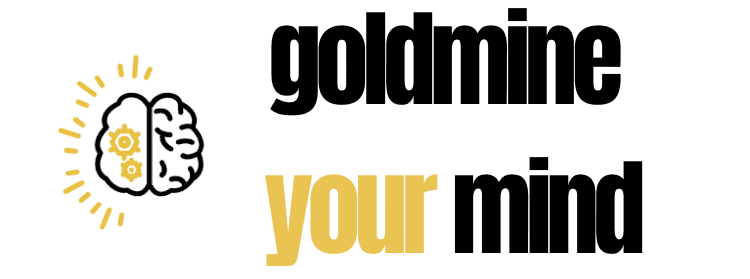

Leave a Reply